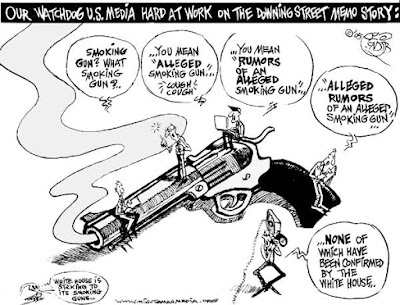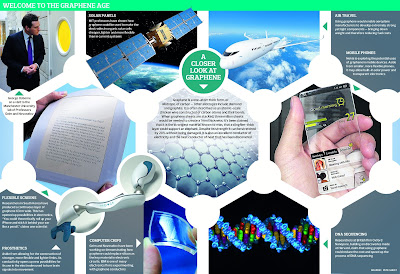What is punctuation? What is its history?
Punctuation, as any dictionary will tell you, consists of the marks that dance around the letters of a text to mark clauses, sentences and inflection. [1] What, though, is minimal punctuation? Is it in the range of marks that a writer uses? Ernest Hemingway wrote famously minimalist prose, for instance, where marks such as the semicolon (;), the ellipsis (…) and the dash (–) are notable mostly for their absence. The Old Man and the Sea contains but one colon and one exclamation mark, and is none the worse for it. [2] From the Shady Characters blog, Full post here



